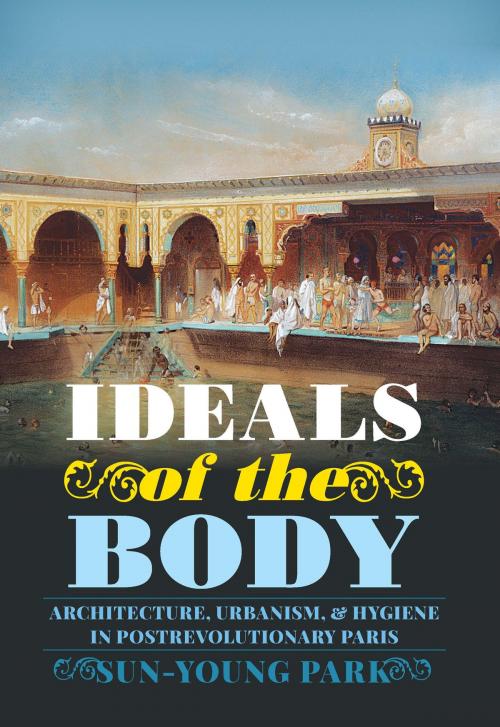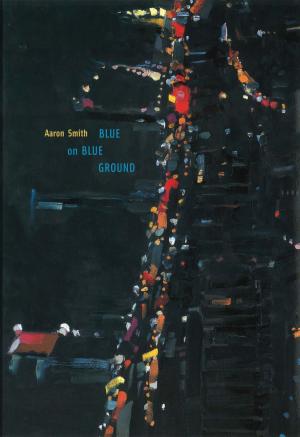Ideals of the Body
Architecture, Urbanism, and Hygiene in Postrevolutionary Paris
Nonfiction, Art & Architecture, Architecture, Planning, History| Author: | Sun-Young Park | ISBN: | 9780822986065 |
| Publisher: | University of Pittsburgh Press | Publication: | July 27, 2018 |
| Imprint: | University of Pittsburgh Press | Language: | English |
| Author: | Sun-Young Park |
| ISBN: | 9780822986065 |
| Publisher: | University of Pittsburgh Press |
| Publication: | July 27, 2018 |
| Imprint: | University of Pittsburgh Press |
| Language: | English |
Modern hygienic urbanism originated in the airy boulevards, public parks, and sewer system that transformed the Parisian cityscape in the mid-nineteenth century. Yet these well-known developments in public health built on a previous moment of anxiety about the hygiene of modern city dwellers. Amid fears of national decline that accompanied the collapse of the Napoleonic Empire, efforts to modernize Paris between 1800 and 1850 focused not on grand and comprehensive structural reforms, but rather on improving the bodily and mental fitness of the individual citizen. These forgotten efforts to renew and reform the physical and moral health of the urban subject found expression in the built environment of the city—in the gymnasiums, swimming pools, and green spaces of private and public institutions, from the pedagogical to the recreational. Sun-Young Park reveals how these anxieties about health and social order, which manifested in emerging ideals of the body, created a uniquely spatial and urban experience of modernity in the postrevolutionary capital, one profoundly impacted by hygiene, mobility, productivity, leisure, spectacle, and technology.
Modern hygienic urbanism originated in the airy boulevards, public parks, and sewer system that transformed the Parisian cityscape in the mid-nineteenth century. Yet these well-known developments in public health built on a previous moment of anxiety about the hygiene of modern city dwellers. Amid fears of national decline that accompanied the collapse of the Napoleonic Empire, efforts to modernize Paris between 1800 and 1850 focused not on grand and comprehensive structural reforms, but rather on improving the bodily and mental fitness of the individual citizen. These forgotten efforts to renew and reform the physical and moral health of the urban subject found expression in the built environment of the city—in the gymnasiums, swimming pools, and green spaces of private and public institutions, from the pedagogical to the recreational. Sun-Young Park reveals how these anxieties about health and social order, which manifested in emerging ideals of the body, created a uniquely spatial and urban experience of modernity in the postrevolutionary capital, one profoundly impacted by hygiene, mobility, productivity, leisure, spectacle, and technology.















